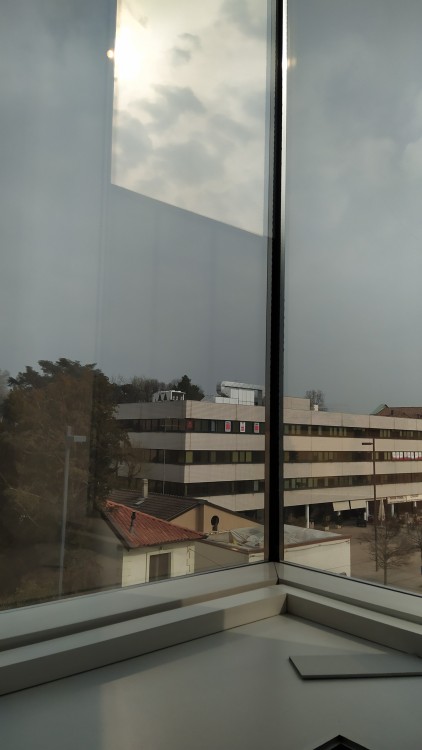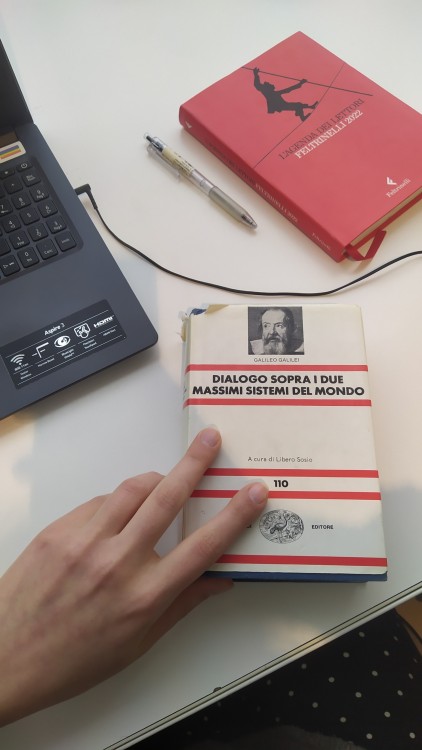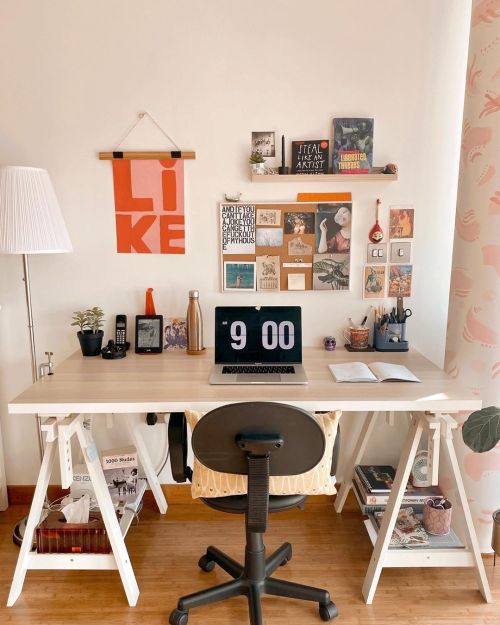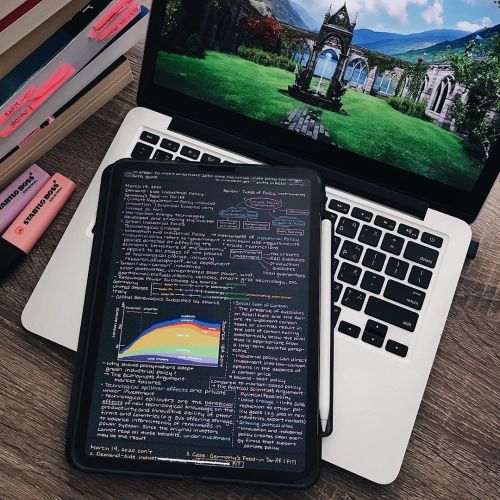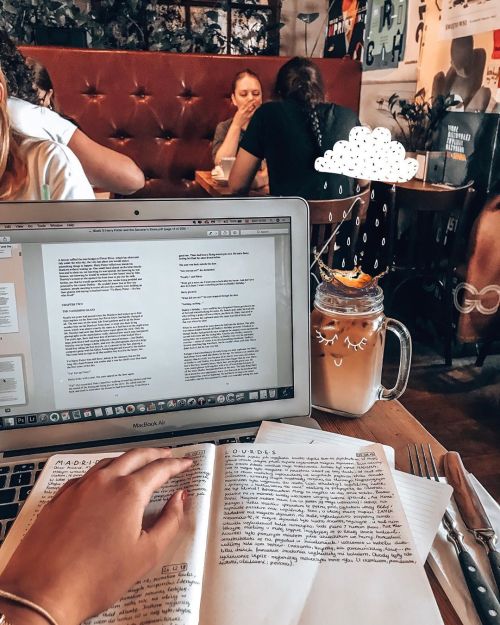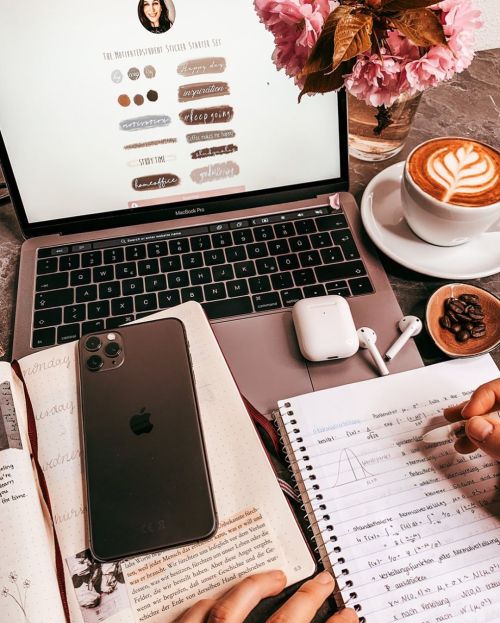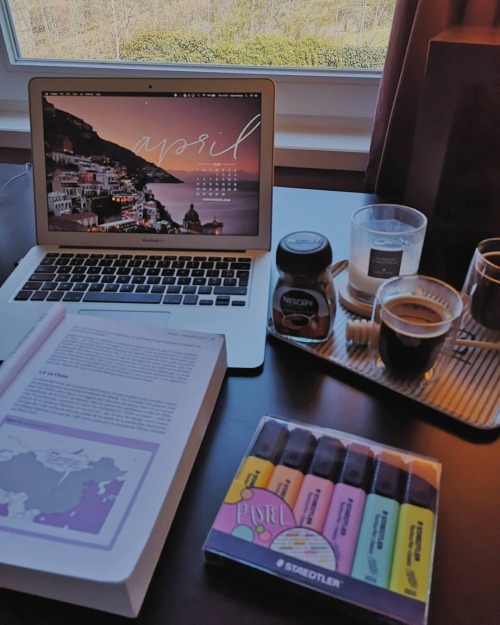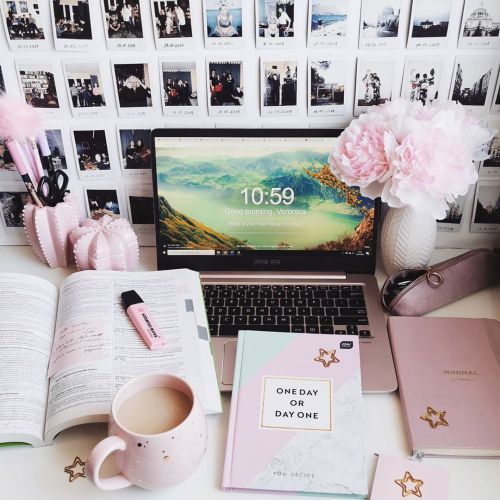#study time
This is what my journal looked like in November, it was my first time properly using a habit tracker and I loved (LOVED) it. This tracker was particularly nice because it allowed me to keep track of not only my productivity but also how i felt that day! Also my gratitude log which i love so much <3
send me ur asks/comments/messages, I always enjoy hearing from you guys and it really makes me days speaking to all of you :)
♫ Gods and Monsters, Lana Del Rey
Post link
HAI friends it me again, posting what I love posting, a handwriting closeup :D this is from our very first surgical lecture so it made me really happy to make them, I’m starting to feel like a real vet..
I’m working on yet another youtube video (omg they are so much FUN to make let me tell you) but if you want to check out my last one where I talk about vet school, link is: https://www.youtube.com/watch?v=Z7C7dWX_hvs
as usual, I love hearing from you guys so feel free to send me asks or messages or coomments or whatever it is the kids do these days about how you’re doing and how your weeks are going <3 also I’m headed to a cat cafe later might spam everyone with cat pics sorry not sorry kbyeloveyou
♫ Seventeen, No Rome
Post link
Just Coffee 1 ☕️ | Welp my hiatus was longer than I promised sorry ;–; I’ll try to post at least once a week but no guarantee aslfjskak and my second year starts today so here’s some notes on a coffee class I’m taking this quarter :D
Post link
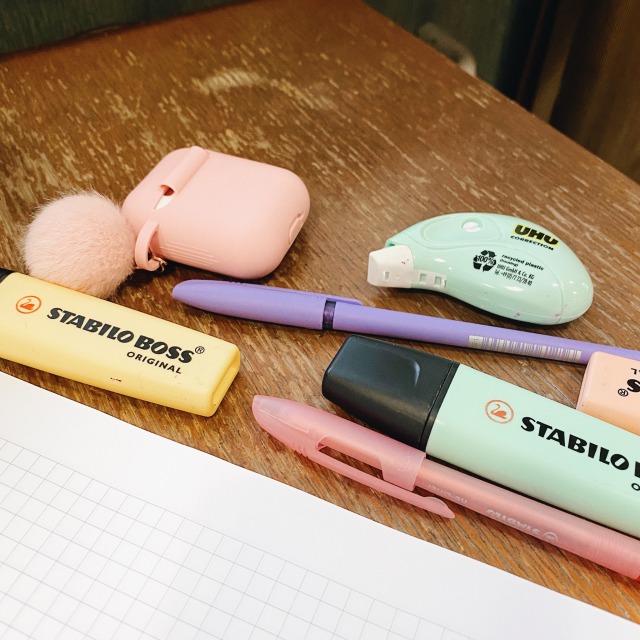
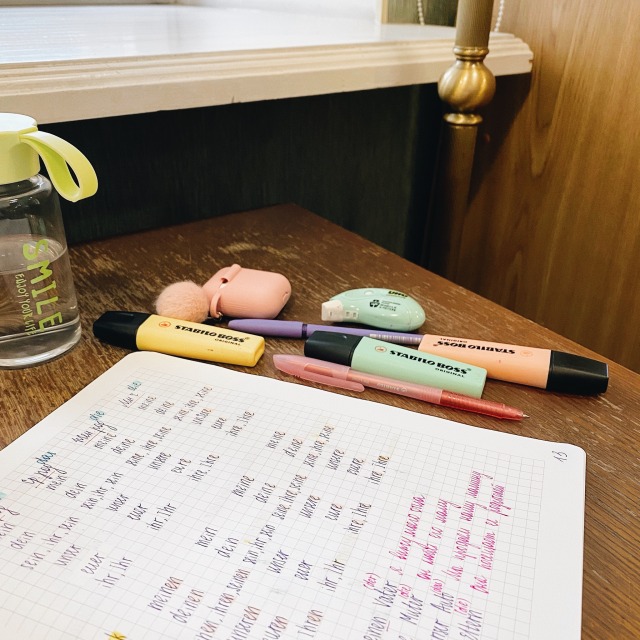


13 April 2022
Another study day in library
How To Change Careers, According To 50 People Who Made A Pivot
I think this article is very useful, especially for young people. The world should understand that it is normal to change career and job ☝
How To Change Careers, According To 50 People Who Made A Pivot




18 March 2022
Spent some time in the library studying Korean
Memory process and strategies
Psychology divides the learning and memory creation process into three important stages
Encoding - initial learning of information
Storage - retaining of information in long-term memory
Retrieval - access and use of encoded and stored information
Strategies for different stages of the memory process
Encoding - initial exposure to stimulus
▫️ Elaborative encoding
▪️ A mnemonic that relates to-be-remembered information to previously existing memories and knowledge
▪️ If you are unable to answer “How?” or “Why?” then that could be a potential gap in your knowledge
▫️ Semantic encoding
▪️ The process of giving meaning to a piece of information employing techniques such as chunking, mnemonics, and memory palaces
▪️ The meaning of something (a word, phrase, picture, event, whatever) is encoded as opposed to the sound or vision of it
▪️ Semantic encoding results in better long-term retention of information when compared with strategies such as rote memorization
▫️ Dual coding
▪️ This is the idea of using different types of stimuli to help learners encode information in their brains more effectively. For example, visual and verbal
Storage- maintaining information on long-term memory
▫️ Chunking
▫️ Mnemonics
▫️ Sleeping
Retrieval - access and utilization of information that has been encoded and stored
▫️ Spaced retrieval
▫️ Interlearning
▫️ Testing effect
focused thinking vs diffuse thinking
focused thinking
▫️ targeted, concentrated and narrow thinking
▫️ need for a specific tasks
▫️ essential for acquiring knowledge and understanding
▫️ active
The strength of focused thinking lies in its ability to analyze and solve problems in a sequential manner
diffuse thinking
▪️ general, broad and conceptual thinking
▪️ creates connections and links
▪️ essential for consolidation of memory
▪️ passive
Rather than being focused on a defined path, diffuse thinking allows your subconscious to make unexpected connections between disparate ideas
The trick is not to choose between the two approaches, but rather to cycle between focused and diffuse thinking for the most significant impact
Want to learn an unfamiliar and challenging concept ❓ Study it with focused thinking, then let your brain shift into diffuse thinking. The combination will allow your conscious brain to investigate the idea while your subconscious mind forms new links and connections to embed it into your memory and thinking
Hi, it’s been a long time since I posted here and decided to be active again. As of the moment, I can’t think of any korean related lesson to post. Any suggestions? :)
VERB PER DAY #1
먹다 - to eat
Past tense - 먹었어요
- 저는 어제 피자를 먹었어요.
- I ate pizza yesterday.
Present tense - 먹어요
- 오후 열두 시에 점심을 먹어요.
- I eat lunch at 12 pm.
Present progressive - 먹고 있어요
- 지금 빙수를 먹고 있어요.
- I am eating bingsu now.
Future tense - 먹을 거예요
- 나중에 친구들이랑 냉면을 먹을 거예요.
- I will eat naengmyeon later with my friends.
a list of small study tips
these are small things you can add to your day to be 10% more productive with the estimated time it’ll take! these are things i do (or try to do) most days. they’re small enough to feel manageable, and i for sure don’t use all of them but i find that when i use at least 2-3 in a day i feel a lot better about the material.
- retype notes in google docs (10-15 min/1 hour lecture)
- Utilize pomodoro technique for at least one subject (25 min work/5 min break. total 30 min)
- Look over notes before class (5 min)
- Look over notes after class (5 min)
- Make notecard summary after class (i find this one especially useful for calculus!) (10 min/notecard)
- Explain short concept to a friend (10 min max)
- write down to-do list of tasks (5 min)
- Go over concepts in your head on your walk to class (absolute FAVORITE because of my daily calculus quizzes within the first 10 minutes of class) (as long as your walk is!)
i hope these are helpful, i need to learn more small tips myself too



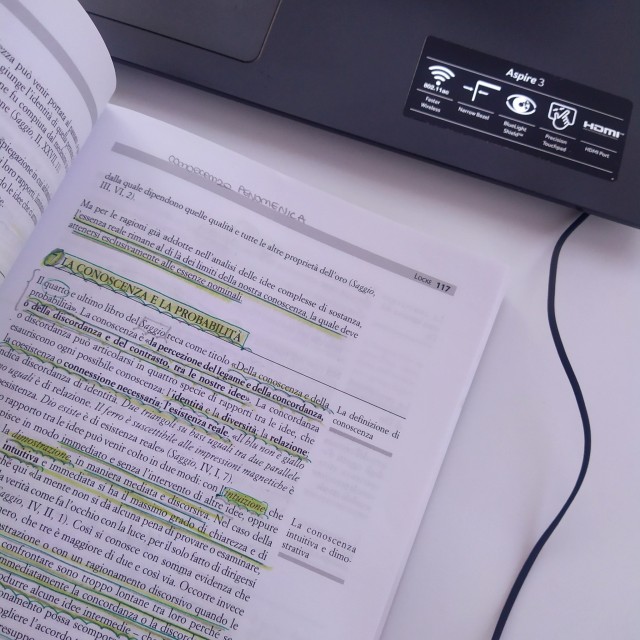
it’s getting dark but nothing stops a good study session ✨




